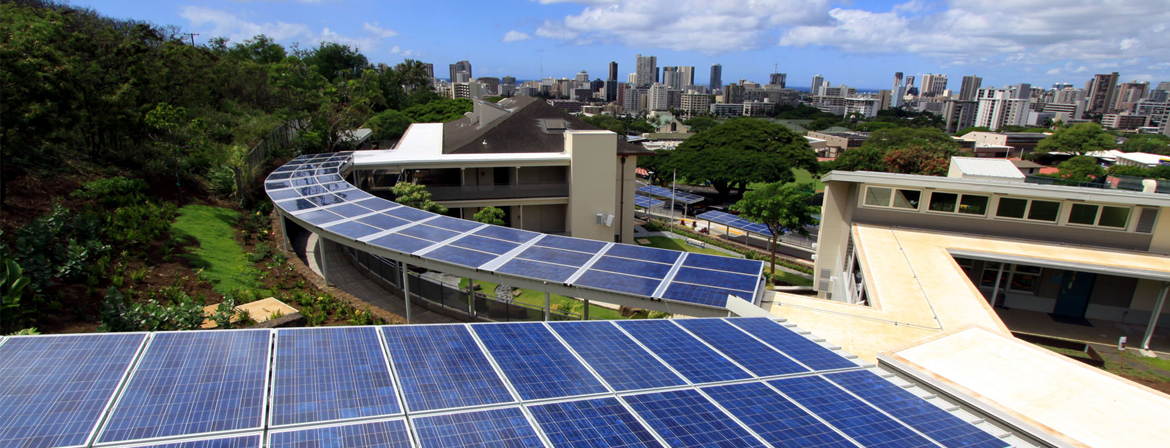To promote the reduction of home energy consumption and energy use related to food and transportation, Girl Scouts created the Girls Learning Energy and Environment Program (GLEE)…
The goal of the 20/20 The Way to Clean Air program was to engage residents living in the Greater Toronto Area in taking actions at the individual and collective level to reduce ai…
Based on a campaign run in Belgium in 2003, Europe’s Energy Neighborhoods was a program designed to allow neighborhoods to ‘bet’ with their municipalities that they could reduce e…
Class 5 Energy was an approach to energy reduction developed in White Bear Lake Minnesota that was tested in two unique settings – a school and a healthcare facility. Using materi…
The following case study explores how the City of Burlington’s Ice Rink Energy Competition employed a low cost, easily replicable approach to significantly reduce energy consumpti…
In 2009, Opower, an energy information software company, partnered with a Minnesota utility company to provide residential customers of the utility company with customized home en…
Developed by the non-profit SEI, California’s Energy Conservation Competition aimed to change behaviors around lighting, plug-loads, and mechanical systems by working with teacher…
In 2009, the ClimateSmart Home Service program was launched by Local Government Infrastructure Services (LGIS) in Queensland, Australia. This program aimed to reduce the electrici…
In the present work we test whether the effectiveness of ecological messages may be canceled out when they conflict with the descriptive norm that is salient in the situation. In …
This paper describes a social marketing campaign that encouraged individuals to adopt environmentally sustainable behaviors such as purchasing green power, installing energy-effic…



